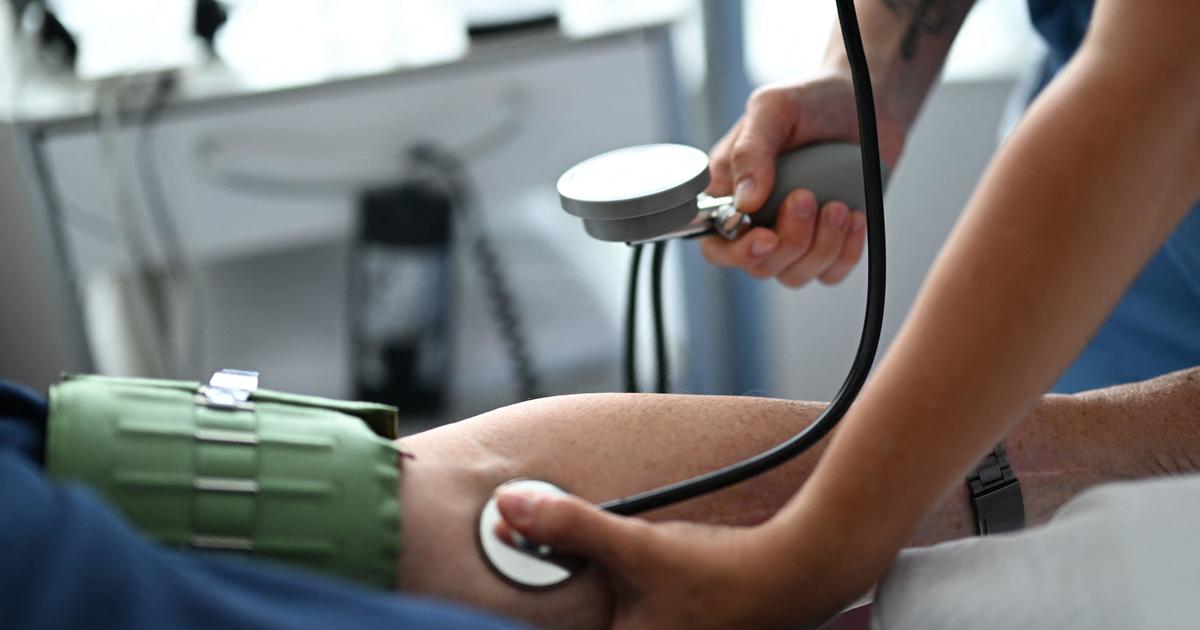Combating A Cold Or Allergies? How To Find The Right Medicine For Relief
NEW YORK (CBSNewYork) -- Are you sneezing, sniffling and rubbing your eyes a lot?
It could be a late winter cold or an early allergy season. Either way, there are lots of medicines for relief.
But as CBS2's Dr. Max Gomex reports, there's a pretty good chance you're either using the wrong ones or using them incorrectly.
These days there are so many cold and allergy medicines that used to be prescriptions but are now over the counter, so you can often find relief right at your local drugstore. But which sprays, pills or combinations will help your particular symptoms, and are you using them right?
The warm and now wet winter and early spring means that trees have started to bloom and allergy season has arrived early.
Bill McCabe didn't have to be told.
"Since childhood -- you know dripping eyes, runny nose, sneezing, coughing," he says.
While Bill does see an allergist, he sometimes turns to the drugstore aisle for relief, which he admits can be confusing.
"I wasn't sure if I should be using my inhaler vs. maybe an antihistamine pill," he says.
There are so many prescriptions these days, it can be hard to know what to use to get relief, starting with nasal sprays. The steroid sprays are very effective against allergies, but there's one catch.
"It takes a few days for them to actually work," Dr. Beth Corn, of Mount Sinai Hospital, says. "But you have to keep on using them. They're only going to work as long as you use them."
By comparison, the decongestant nasal sprays, like Afrin, work right away, but they can be overused.
"If you use decongestants for longer than three days, it can actually have damaging effects, because it can cause your nose to get even more swollen," Corn says.
Somethings that really confuse people are the combination cold and flu and allergy relief medicines.
If you look at the labels, they include antihistamines, decongestants, pain relievers, cough suppressants, sometimes even alcohol in some of the liquid ones. The trouble is, you probably don't need all of those ingredients. And if you try to read the label, it can still be challenging to figure out what the chemical names mean.
Dr. Max says you should ask your friendly neighborhood pharmacist.
Single symptom pills include antihistamines and decongestants. There are non-sedating and rapid onset antihistamines. Try different ones to find the one that works for you.
Decongestants like SUDAFED are also effective at reducing stuffiness, but they are stimulants and can make you a little wired. So you shouldn't take them after late afternoon, because they can disrupt your sleep. Plus, they can aggravate high blood pressure or prostate problems.



